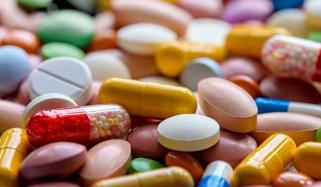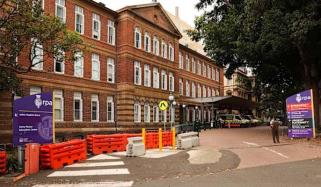
A cup of coffee can cause major harm if combined with some common medicines.
Despite being one of the most consumed beverages in the world, when taken with certain medications, it can reduce their effectiveness, increasing the risk of side effects.
From common cold tablets to antidepressants, caffeine's impact on the body goes far beyond a quick energy boost.
Here are some medications that should not be taken with coffee:
Cold and flu medicines
Caffeine – which is a stimulant that speeds up the central nervous system – when combined with cold and flu medicines can cause restlessness, headaches, and insomnia.
Taking coffee with pseudoephedrine, a decongestant found in cold and flu remedies, can also increase the risk of high blood sugar.
Thyroid medication
Levothyroxine, the standard treatment for an underactive thyroid, is highly sensitive to timing, and a cup of joe in the morning can affect its work.
Studies show that drinking coffee too soon after taking levothyroxine can reduce its absorption by up to 50 per cent.
Caffeine speeds up gut motility, giving the drug less time to be absorbed – and may also bind to it in the stomach, making it harder for the body to take in.
If absorption is impaired, symptoms of hypothyroidism – including fatigue, weight gain and constipation – can return, even if you are taking your medicine correctly.
Antidepressants and antipsychotics
The interaction between caffeine and mental health medications can be more complex.
According to lab studies, caffeine can reduce absorption of common medications prescribed to treat anxiety, depression and other psychiatric conditions, reducing their effectiveness.
One way to reduce the risk of side effects is to discuss your caffeine habits with your physician.
Consider reducing intake or choosing a decaffeinated option if you experience side effects like restlessness, insomnia or heart palpitations.















